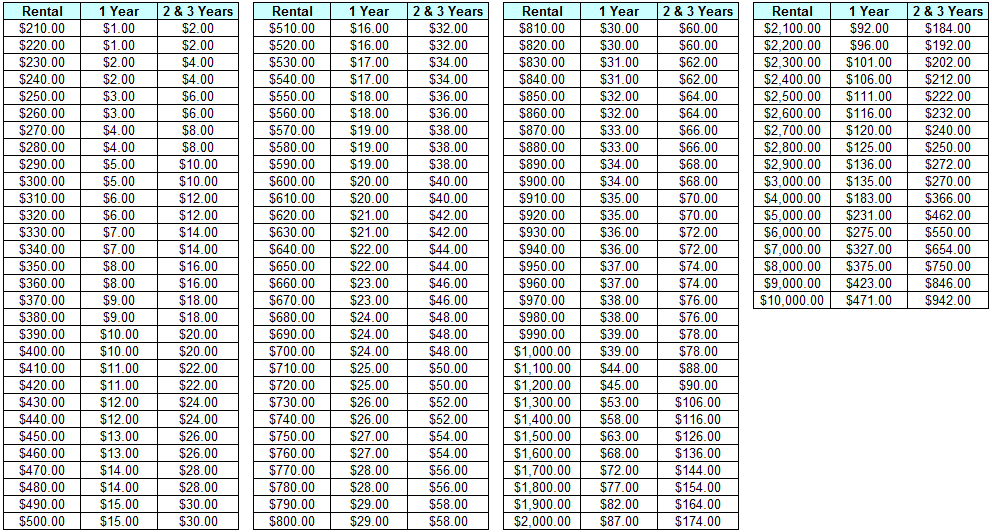What is a tenancy agreement?
When you successfully rented out your rental property, a contract has to be signed between you as landlord and your tenant. It is a legalized document that both parties agreed on the specifying the terms and conditions of their rental agreement. Tenancy agreements are usually signed before the tenant is moved in.
Why do we need to stamp the Tenancy Agreement?
Under Section 52 of the Stamp Act 1949 states that instruments chargeable with duty not duly stamped shall be inadmissible evidence. At such, as a landlord we do need to make sure that all tenancy agreements are duly stamped to ensure that it is admissible in court in the event that it requires to be enforced.
Normally two copy of Tenancy Agreement will be signed. One copy will be for landlord and another copy will be given to the Tenant. Both copy of the Tenancy Agreement has to be stamp in order to become a legalized document.
Maybe some landlord wish to save the stamp duty money. This would not be a good idea as the stamp duty will not cost you a lot. It will save you a lot of trouble in the future. Let us not be penny wise, foolish pound. For me this is a must to protect myself and my tenant, so that the tenant prudent and discipline to pay rent and taking care of the property.
There is another added advantage by having a tenancy agreement. It will be a supporting document to prove that you are having additional rental income. This additional income can help you to acquired loan approval for your next property purchased.
How much is the Tenancy Agreement Stamp Duty?
As for the tenancy agreement stamp duty, the amount you have to pay is depending on yearly rental and duration of the agreement. In summary, the stamp duty is tabulated in the table below. I got the following table from the LHDN Office.
 Above table listed are for the main copy of tenancy agreement, if you have 2nd or 3rd duplicate copy, the stamp duty is $10.00 for each copy.
Above table listed are for the main copy of tenancy agreement, if you have 2nd or 3rd duplicate copy, the stamp duty is $10.00 for each copy.
Who should pay the Tenancy Agreement?
The next question is “who should pay the Tenancy Agreement?’ There is no right or wrong answer here. Most of the time is Tenant and some of the time can be equally shared by Tenant and Landlord. It all about how it was agreed upon.

169 comments